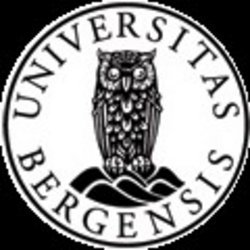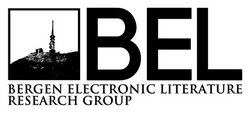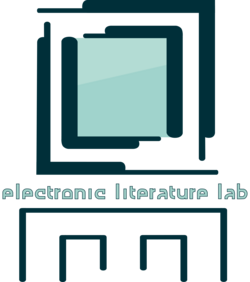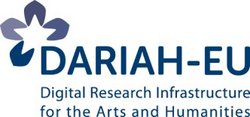Workshops: 24-25 May, main conference 26-28 May, The arts program will unfold over a longer span of time, with a series of events and exhibitions during March, April, and May 2021.
Globalized platforms present new opportunities for writers and readers both because of their large audiences and the fact that new forms of electronic literary cultures are emerging around them. The current rise of global platforms and platform culture however challenge Electronic Literature’s history of developing independent, purpose-specific platforms, since commercial platforms are often closed formats with largely rigid templates for ‘content’. In this sense, forms of criticality are challenged by the fact that the platforms are typically owned, maintained and often quickly updated (and sometimes made obsolete) by global corporations.
With the combination of social media, apps, search engines and targeted advertisement, platformization has become increasingly dominant in digital media. The platformization of culture is highlighted during the COVID-19 pandemic as physical platforms for art, culture and the public have become difficult to access at times where physical meetings, travel, public institutions and life in general have been challenged. What do digital and digitization mean now, and what is left out and missing when culture is streamed?
Globalization has become less seamless, as global trade and collaboration is affected, but we are more connected in our individual lives and worries. Furthermore, the big, rapid changes of culture and society during the pandemic have raised fundamental questions about other urgent challenges: the climate crisis, equality in relation to race and ethnicity, the social, and the liberation and equality of gender and sexuality. The pandemic situation has led to both hope and despair in relation to new and old political struggles such as the #metoo and #BlackLivesMatter movements, which have also been fought on and off platforms.
With this conference we aim to investigate how the future will be platformed: what will come after the pandemic and how can we explore this from the pandemic? What are the practices and poetics of contemporary electronic literature? How to thrive as electronic readers and writers within the constraints of platform culture? How to be critical on and of platforms? How to develop alternative literary platforms? What are the global dimensions? How do we connect and disconnect on platforms? What could and should platform e-lit be? How does platform culture relate to the traditions and history of electronic literature?








